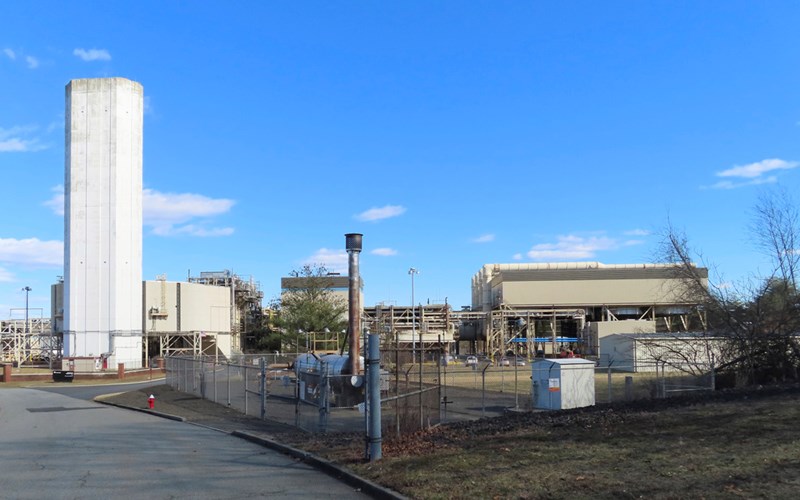A state Senate committee on Monday advanced a bill that would authorize a public referendum on amending the state's Constitution to ban construction of new power plants that burn natural gas or other fossil fuels.
But the measure was changed to allow the construction of such plants if they are to be primarily used as emergency backup power sources.
The so-called “peaker” plants would operate only sporadically, including in times of emergency or when the power grid is experiencing stress.
Among them is a backup power plant proposed for a sewage treatment facility in Newark. Nearby residents are trying to prevent the backup from being built, saying they are already overburdened by multiple sources of pollution.
Sen. Bob Smith, chairman of the environment and energy committee, said utilities are still too reliant on these backup plants to suddenly ban new ones.
“Right now all the experts I talk to say you've got to have a peaker," he said. “The citizens of New Jersey will not tolerate us getting in the way of the electricity they need.”
The most hotly fought power plant proposal in the state is happening in Newark. There, the Passaic Valley Sewerage Commission wants to build a gas-fired backup power plant to avoid a repeat of what happened when Superstorm Sandy knocked out power in 2012, causing nearly a billion gallons of untreated sewage to flow into area waterways.
The state's public transportation agency, NJ Transit, scrapped plans for a similar backup plant last month in nearby Kearny, saying resiliency improvements to the electrical gird made the project unnecessary.
Business groups said near-term energy needs require continued use of fossil fuels.
“It is short-sighted to cut out fossil fuels,” said Dennis Hart, executive director of the Chemistry Council of New Jersey. “Our nuclear plants are 60 years old; you don't know how long they're going to be there."
The bill still needs multiple layers of approval before a referendum could be placed on the November general election ballot.
Smith said the measure will be further amended in coming weeks to clarify that small backup or portable generators such as those used by homeowners or small businesses during outages also would not be subject to a ban.







